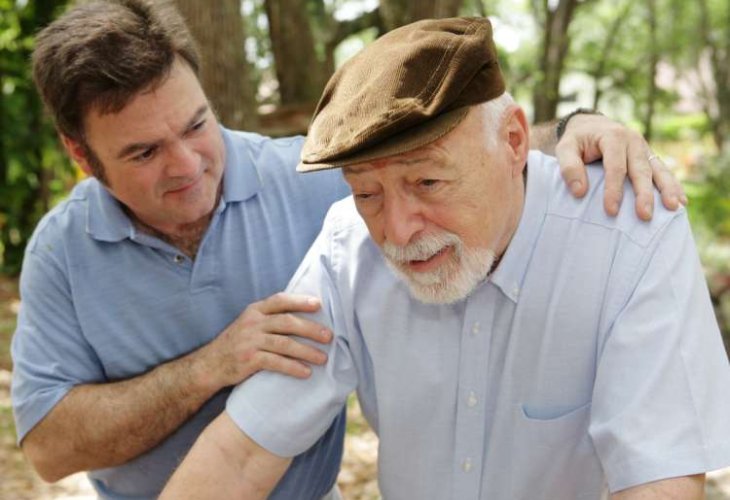Health and Mind
How to Honor Aging Parents: Jewish Guidance on Nursing Homes, Home Care, and Respect
Understanding When to Care for Elderly Parents at Home, When to Consider Assisted Living, and How to Maintain Love and Dignity in Every Situation
 (Photo: Shutterstock)
(Photo: Shutterstock)When caring for aging parents, ideally one should not send them to a nursing home or assisted living facility. Instead, they should be lovingly welcomed into the home, where the child and their family care for them with affection and respect. Parents should be treated as a blessing, and children should be taught that caring for them is a great privilege.
At the same time, care must be taken. The effort involved in caregiving can lead to frustration, which may result in careless words or unkind hints. These can deeply hurt the parents and negate the merit of the mitzvah. Children and family members must be especially cautious to treat their elders with dignity, no matter the strain.
If the Parents Prefer a Nursing Home
If the parents themselves prefer to live in a senior care facility, their wishes should be honored, as long as they will not be neglected. The child must make a serious effort to visit frequently. If there are multiple siblings, they should arrange a rotation so that someone is regularly present so that parents never feel abandoned. Causing them pain through neglect is a serious transgression with heavy spiritual consequences.
When a Facility Is Truly Better for Them
Sometimes, due to medical needs or physical limitations, it’s genuinely better for parents to be in a care facility, where they can receive regular meals, personal care, laundry services, and immediate access to medical staff.
In such cases, it is crucial to speak with the parents gently and respectfully, explaining that this move is for their wellbeing, not because anyone wants to be rid of them. Reassure them that they will be visited often and cared for just as lovingly as before. If possible, bring them to tour the facility beforehand so they feel involved and comfortable with the decision.
The goal is to maintain a warm, dignified, and loving atmosphere, even if the care shifts to a new setting.
Continuing the Relationship
When parents are placed in a care facility by mutual agreement, children should still:
Visit them frequently
Host them at home for weekends, holidays, and family celebrations
Make sure they never feel forgotten or unwanted
Even when parents live elsewhere, the bond and honor should remain strong.
When It Affects Shalom Bayit (Peace at Home)
If a son wants to bring his parents into his home, but his wife strongly objects, he should try to speak to her calmly and lovingly, sharing the spiritual importance and reward of this mitzvah. The more effort and difficulty involved in a mitzvah, the greater its reward. As the Sages taught (Avot d’Rabbi Natan 3:6): “The reward of a mitzvah done with hardship is one hundred times greater than that done with ease.”
“So That Your Days May Be Lengthened” (Deuteronomy 5:15)
Rav Saadia Gaon explains that the Torah connects the reward for honoring parents with long life because parents may live for many years, and their care can become burdensome. The Torah promises that when we honor them despite this weight, it will bring us long life- not only as a reward, but as a reflection: “If you suffer from their life, you are really suffering from your own.” (Rabbeinu Bechaye, Parashat Yitro)
The Rebbe of Zhvill, Rabbi Shlomo, once said: “Every step you take for the sake of another person saves you a thousand steps for yourself.”
A Worthwhile Effort
We cannot begin to fathom the spiritual protection and blessing that come from caring for one’s parents. These acts can shield a person and their household from harm.
However, if the parents are difficult or cause tension between husband and wife- especially if they interfere in the marriage- then the child may choose to arrange for them to live elsewhere, such as in a senior facility. Still, one should consult a wise rabbi before doing so, and the entire process must be handled with respect and sensitivity, so as not to cause unnecessary pain.
In all cases, the guiding principles must be honor, love, dignity and presence. The way we treat our elders speaks volumes about who we are, and also shapes the blessings in our own lives.

